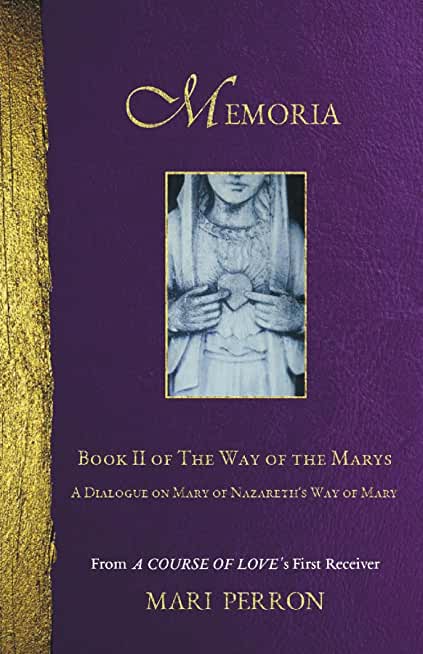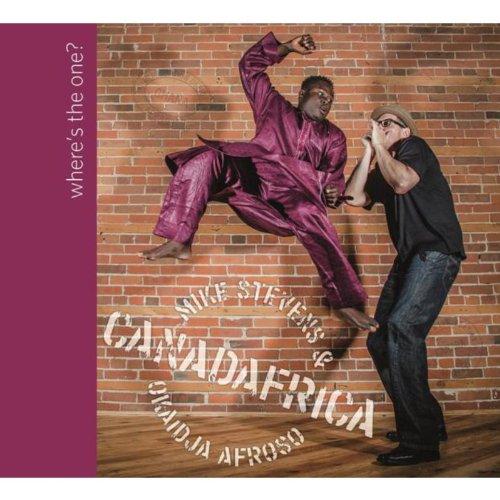
The dialogue Mari and Mary share is a deeply personal one, but also universal. Prevalent issues of our time are discussed, including gender identification, personal empowerment, and the burden of senseless choices that smother true freedom. Mari and Mary share scenes from their lives filled with uncertainty, devotion, and wonder. The ordinary and the miraculous merge, and the means to live as we truly are is discovered, along with the power this offers.
With Mary's guidance, Mari discovers that personal trials, potent in her memory, are related to her movement into exile--a courageous act required to leave the old behind, but one that left her stranded in the spaciousness of her own heart. It is here, in her sacred privacy, that Mary of Nazareth joins her. Mary knows what it is to be exiled by discovery of The New, and recounts times of "not fitting in" with her own community, of her intimate sharing with the divine that set her apart, and the persecution that forced her flight to Egypt with Joseph and the infant Yeshua beside her.
Mari and Mary mirror history's inevitable repetition and share their earnest desire for its disruption-for the culmination of the breach in time and space that has come, which is the birth of The New. This precious possibility lives within us, in the tender-hearted women and men who abide in the wonder of "Mirari" and the hallowed spaces of "Memoria."
To be realized, this sacred hope must be nurtured: the distortions of masculinity, that have brought about a world predicated on achievement and efficiency--to the eventual detriment of life itself--must yield to the spacious knowing and personal expression of heartfelt feeling. This is the feminine alchemy of transformation.







